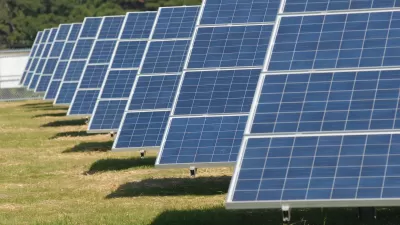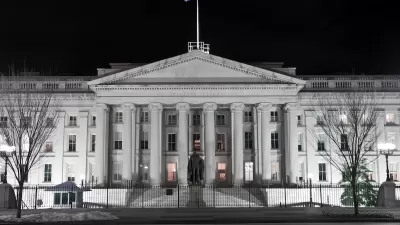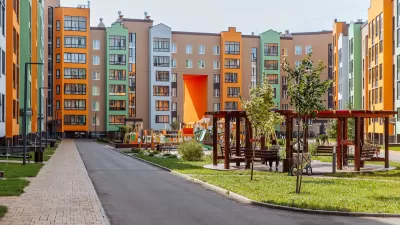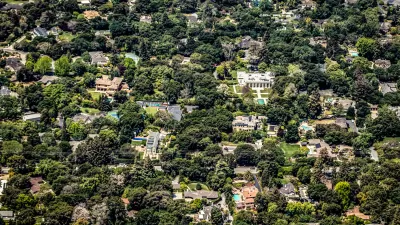In its first year alone, Zero Cottage has produced 22 percent more energy than it consumes. But can such an urban project be replicated in a suburban setting?

Architect David Baker’s new hyper-sustainable San Francisco home pushes the boundaries of building green while providing a model for suburban and urban projects alike. Proving that good design can be smart, attractive, and perfectly suited to its site, the house has achieved the highest possible green building ratings: Passive House, Net Zero, and LEED Platinum. Says Baker of the home he shares with partner Yosh Asato. “Everything about this was an opportunity to try.”
At the front of the lot sits a traditional Victorian that Baker turned into a two-level multipurpose space, with a community-oriented cultural event space called StoreFrontLab and a small rental studio below, and a two-bedroom rental apartment above. With permeable pavers diverting rain water from city sewers, solar hot water and electric fulfilling over half of the building’s needs, and thoughtful passive solar design overall, this building is carefully attuned to both the site and sustainability.
Yet the real centerpiece of the development is the home, named Zero Cottage, located at the other end of the lot on the site of a former stable. For Baker, whose firm David Baker Architects is known for its innovative, green projects, his home was his personal design lab. “You can only be so experimental with clients,” he said. “Here, I could inflict all my ideas on myself, it was really fun.”
“I wanted to show that I could make a net positive house in a super dense urban setting,” he explains. “Building net positive is easier in the suburbs, with more space to grow food, compost, have rain systems, solar systems, etc.”
Zero Cottage was chosen as the November Editor's Design Choice article for Build a Better Burb.
FULL STORY: Net Zero Cottage

Alabama: Trump Terminates Settlements for Black Communities Harmed By Raw Sewage
Trump deemed the landmark civil rights agreement “illegal DEI and environmental justice policy.”

Study: Maui’s Plan to Convert Vacation Rentals to Long-Term Housing Could Cause Nearly $1 Billion Economic Loss
The plan would reduce visitor accommodation by 25% resulting in 1,900 jobs lost.

Planetizen Federal Action Tracker
A weekly monitor of how Trump’s orders and actions are impacting planners and planning in America.

DC Extends Application Window for Outdoor Dining Permits
District restaurants will have until the end of November to apply, but businesses with permits in rush hour parking lanes must end operations on July 31.

Wind Energy on the Rise Despite Federal Policy Reversal
The Trump administration is revoking federal support for renewable energy, but demand for new projects continues unabated.

Passengers Flock to Caltrain After Electrification
The new electric trains are running faster and more reliably, leading to strong ridership growth on the Bay Area rail system.
Urban Design for Planners 1: Software Tools
This six-course series explores essential urban design concepts using open source software and equips planners with the tools they need to participate fully in the urban design process.
Planning for Universal Design
Learn the tools for implementing Universal Design in planning regulations.
Caltrans
Smith Gee Studio
Institute for Housing and Urban Development Studies (IHS)
City of Grandview
Harvard GSD Executive Education
Toledo-Lucas County Plan Commissions
Salt Lake City
NYU Wagner Graduate School of Public Service





























